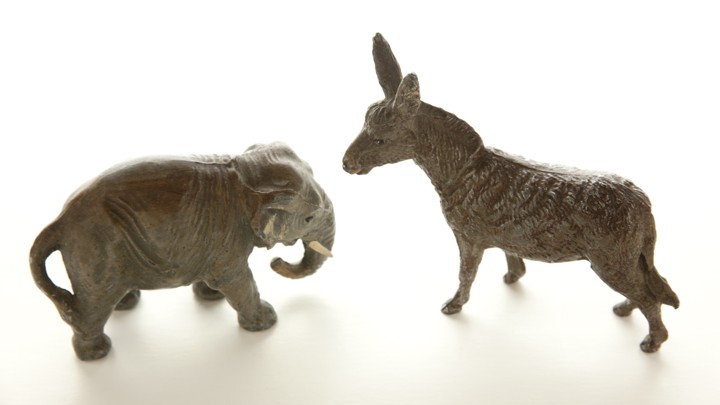
Americans often lament the rise of “extreme partisanship,” but this is a poor description of political reality: Far from increasing, Americans’ attachment to their political parties has considerably weakened over the past years. Liberals no longer strongly identify with the Democratic Party and conservatives no longer strongly identify with the Republican Party.
What is corroding American politics is, specifically, negative partisanship: Although most liberals feel conflicted about the Democratic Party, they really hate the Republican Party. And even though most conservatives feel conflicted about the Republican Party, they really hate the Democratic Party.
America’s political divisions are driven by hatred of an out-group rather than love of the in-group. The question is: Why?
A new study, called “The Perception Gap,” helps provide an answer. More in Common, an advocacy organization devoted to countering extremism that previously published a viral report on America’s “hidden tribes,” set out to understand how political partisans see each other. Researchers asked Democrats to guess how Republicans would answer a range of political questions—and vice versa. (The survey was conducted among a sample of 2,100 U.S. adults the week immediately following the 2018 midterm elections.) What they found is fascinating: Americans’ mental image of the “other side” is a caricature.